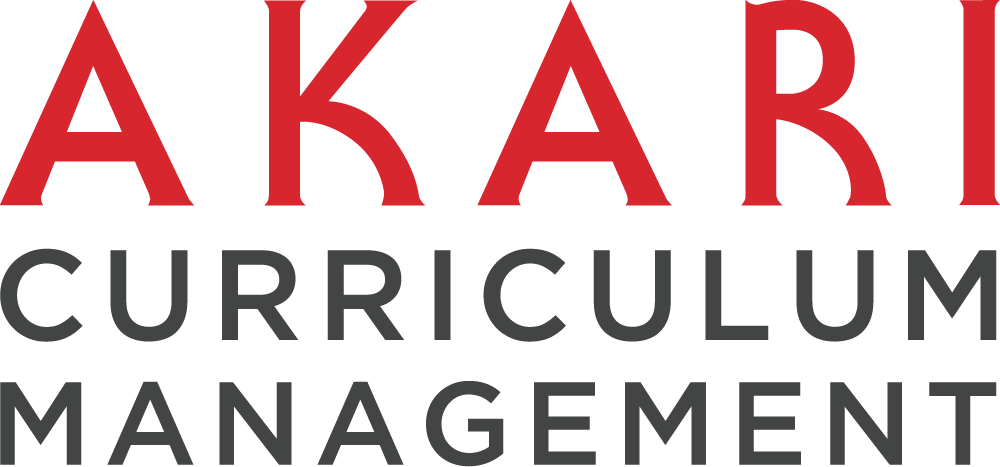Critical thinking stands at the heart of academic pursuit. It is the foundational skill that enables scholars, educators, and students to dissect complex concepts, analyze data, and synthesize information to form nuanced understanding and generate innovative solutions.
Defining Critical Thinking
Critical thinking is typically regarded as a disciplined process of actively and skillfully conceptualizing, applying, analyzing, synthesizing, and evaluating information. It’s more than just thinking clearly or rationally; it’s about thinking independently, systematically, and reflectively.
Components of Critical Thinking:
- Evaluation: Judging the credibility and logical strength of the evidence and arguments.
- Inference: Drawing well-supported conclusions from the analysis and synthesis of information.
- Explanation: Articulating findings and justifying methods and considerations.
- Self-regulation: Reflecting on one’s own beliefs, values, and procedures in the thinking process.
Principles of Critical Thinking
Critical thinking, while nuanced in its practice, is underpinned by several core principles universally recognized by academics worldwide.
Clarity and Precision
Every argument or piece of research must be expressed in a way that leaves no room for ambiguity. Precise and clear communication ensures that concepts and arguments can be scrutinized and understood in depth.
Logic and Coherence
Arguments within academia must be logically coherent. Each step should be justified, drawing upon evidence and reasoning that form a rational chain towards the final conclusion.
Open-mindedness
Critical thinking necessitates an openness to new evidence, alternative perspectives, and counter-arguments. It involves a willingness to revise even deeply held beliefs when confronted with new and convincing evidence.
Skepticism
Healthy skepticism involves questioning ideas and assertions rather than taking them at face value. Skepticism calls for demanding evidence and questioning the unstated assumptions that underlie arguments.
Fair-mindedness
Academic discourse must strive to be fair and unbiased. Critical thinkers consider all relevant viewpoints free from personal biases or conflicts of interest.
Key Points in Critical Thinking
Application in Research and Education
In research, critical thinking empowers scholars to examine hypotheses, assess empirical evidence, and refine theories rigorously. In the classroom, it guides educators in developing curricula that challenge students to think deeply and critically.
Catalyst for Innovation
By questioning the status quo and examining problems from multiple perspectives, critical thinkers in academia can ignite innovation and advanced knowledge in every discipline.
Interdisciplinary Relevance
Critical thinking transcends disciplinary boundaries. It is equally applicable in the humanities as it is in natural sciences, social sciences, and professional fields.
Development of Critical Minds
The ultimate goal for educators is not just to impart knowledge but to cultivate the minds of students so that they can engage critically with the world around them.
In Conclusion
The pursuit of knowledge in higher education is a lofty endeavor, and critical thinking is the torch that lights the way. By embedding the principles of critical thinking in all aspects of academic work, we can better understand the nuances of our research, enhance the quality of education, and foster environments where innovation flourishes.
At the heart of academic excellence lies the ability to question, dissect, and rebuild knowledge – where critical thinking serves not only as a skill but as a catalyst for growth and discovery.
Remember, critical thinking is more than a skill—it is a mindset that once cultivated, becomes second nature. Encourage it, practice it, and watch as the frontiers of knowledge are pushed to new, previously unimaginable limits.
